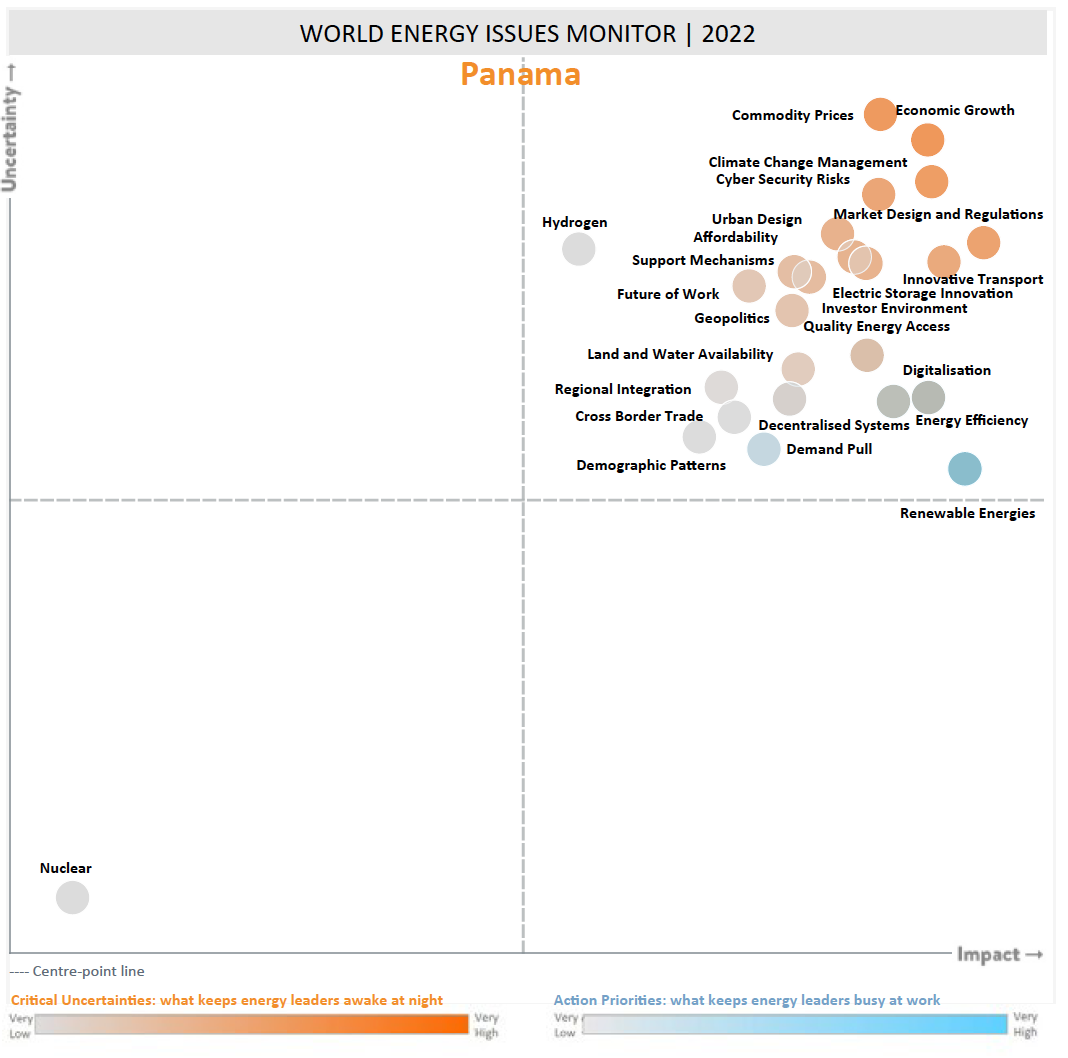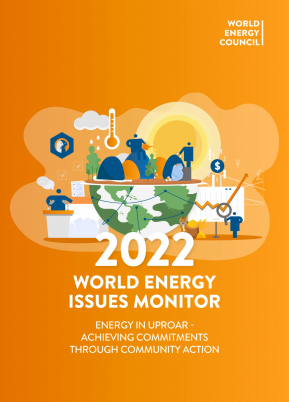Hector Cotes holds a bachelor's degree in Industrial Engineering and two master’s degrees: one from INCAE Business School and another from Nova SouthEastern University, Florida.
He is currently the General Manager of Electron Investment, S.A (EISA), a renewable energy generation company of 86MW installed capacity. Previously he served as CFO of Grupo Eleta. His experience includes the VP of Operations of Profuturo (administrator of private pension funds of the Banco General Group) and several management positions in the Panama Canal (Capital Program Coordinator, Cost Manager, Risk Manager, among others).
Mr. Cotes is Immediate Past President (2017-2018) of the Panamanian Association of Business Executives (APEDE), where he has been active since 2004 and member of the Board of Directors on several occasions, serving as Vice President and Secretary of Finance. He is currently Vice President of the National Committee of INCAE Business School for Panama.
In October 2018 and again in 2019 he was recognized as one of the top 75 executive leaders of Panama with the best professional reputation by Summa Magazine and MERCO.
Energy in Panama

CRITICAL UNCERTAINTIES
Economic growth continues to be a problem in Panama due to the
slow economic reactivation of certain industries and sectors, as well as the commodity prices high volatility which have leaders in great uncertainty. Despite it being over a year since the beginning of the COVID-19 pandemic around the world, the economic recovery or
rebound to pre-pandemic levels are not as fast as expected which
creates uncertainty for the entire year.
The possibility of new COVID
variants and how this will impact economic recovery is a major
concern for energy leaders in Panama. Oil and gas prices, the main commodities that affect energy scenarios, also have an impact on the forecasting and planning of the following months due to their high volatility currently.
Panama is trying to further their public policy on climate change
through efforts such as the national climate change strategy 2050, the climate change adaptation strategy and their Nationally Determined Contribution of the commitments of the Paris agreement.
However, an important effort is required to share the
information of these proposals more widely, to enable their execution
and the achievement of the expected results.
Despite the efforts of the National Energy Secretariat of Panama to
establish a roadmap for a new design and regulation of the market,
this is perceived with low confidence in the entities in charge of proposing these changes, as well as in the results that will be obtained.
In addition, a stronger participation of the regulator is required
with respect to promoting regulatory improvements to achieve
more flexible energy markets. This is especially relevant towards
the integration of disruptive digital technologies and new energy
production within the sector.
The current provisions established in the strategies of distributed
generation, electric mobility, and the transition agenda of the
current government, aim to incorporate more digital technology for the operation of the energy sector. This will undoubtedly generate uncertainty in a future based on the advanced decentralisation of the
production and distribution of energy with small players who will be less prepared than large operators in the face of potential cyber risks and vulnerabilities.
ACTION PRIORITIES
Panama has been working exhaustively on its Energy Transition Agenda for 2030. This agenda includes strategies to keep an important share of renewable energy generation vis-à-vis firm
capacity required for the system; moving forward with electric
mobility; developing more actions towards energy efficiency;
improving the quality of energy and innovation to the national power
system – where digitalisation is key to achieve the goals that Panama
has been setting for their Energy Transition and consequently, in the
actualisation of their Nationally Determined Contributions.
For instance, in the case of electric mobility, important steps have
been taken to come up with proper regulations and in 2021 Panama
saw a spike of charge stations installed nation-wide, with 96% of them installed in one year and plans from the private sector to triple this number by 2022.
Electric mobility is important for Panamanians, as currently they are highly dependent of fossil fuels for transportation, thus, migrating to electric vehicles (EV) in a country where there is good solar energy potential to charge the EVs is promising.
In this aspect, the installed capacity for self-consumption solar energy
systems has increased by 20% compared to last year. Furthermore,
during 2021, Panama generated 82.7% of its electricity from
renewables, and efforts to eliminate fossil fuel power stations (carbon,
diesel and bunker) are on its way, as a second LNG power plant will
start construction in 2022.
It is important to point out that energy efficiency is still the base
of the energy transition. The National Energy Secretariat has been working on ensuring that only equipment with energy efficiency
labels (residential refrigerators and air conditioners with inverter
technology) enters the country.
Furthermore, the members of the
governmental energy administrator program are gathering data and
developing their institutions´ short-term energy efficiency plan.
Still pending is the pressing issue of ensuring electricity and cleaner
forms of cooking is brought to the Panamanians living in the rural
and indigenous parts of the country. In order to achieve this, the
government is proposing several actions in the Universal Energy
Access Strategy, with the goal to achieve 100% electrification by
2030.
Downloads
Panama Energy Issues Monitor 2022
Download PDF
World Energy Issues Monitor 2022
Download PDF





_368_520_s_c1_c_c.png)





